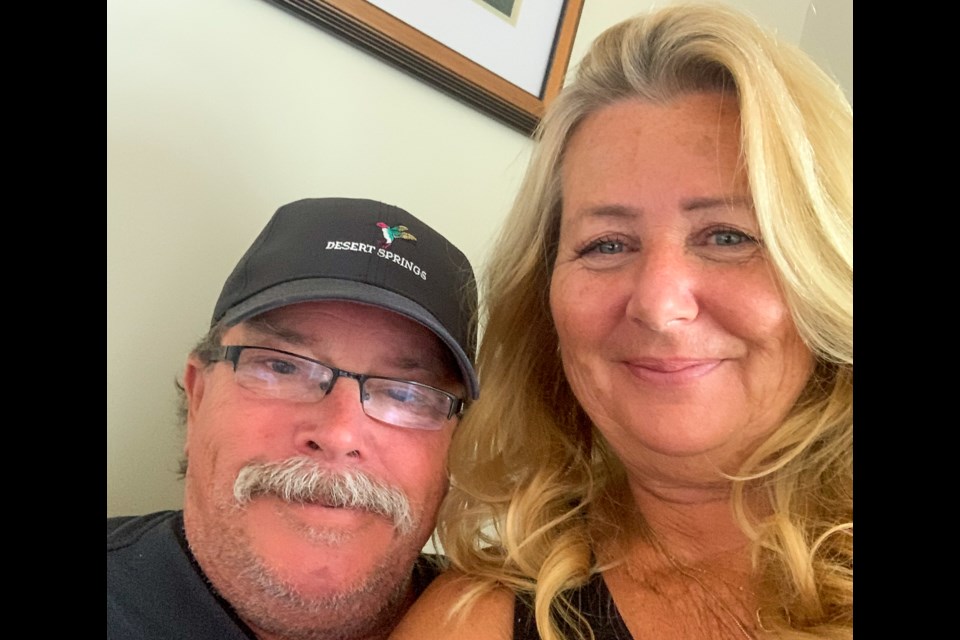When Port Moody couple Deborah and Michael Christie left for the U.S. border, they did so with a sigh of relief. After six months of caring for Deb’s dying aunt, this vacation would offer them a much-needed respite.Ěý
They crossed into Bellingham Feb. 19, parked their car at the airport and hopped on a short flight to San Francisco, where they were met by the Grand Princess.
Deb Christie had already heard about the Diamond Princess, another Carnival cruise ship quarantined off the coast of Japan for two weeks the month before. About 700 people had been infected with something they were calling the novel coronavirus, a respiratory illness that lit up the international news but also seemed so far away.

Ěý
“We were away 10 years ago in Mexico during H1N1,” said Deb, weeks later. “This was totally different.”
As the Grand Princess set sail across the Pacific, headed for Hawaii, Deb and Michael joined the other roughly 2,500 passengers in taking in everything the floating behemoth had to offer. There were the all-night buffets, crab shacks and steak dinners; casinos, magic shows, putting greens and basketball courts — even ukulele lessons.
“We’re sun people,” Deb said before painting a picture of a day spent poolside and watching outdoor movies before heading in for drinks, bingo and karaoke.
“Michael loves karaoke,” she said.
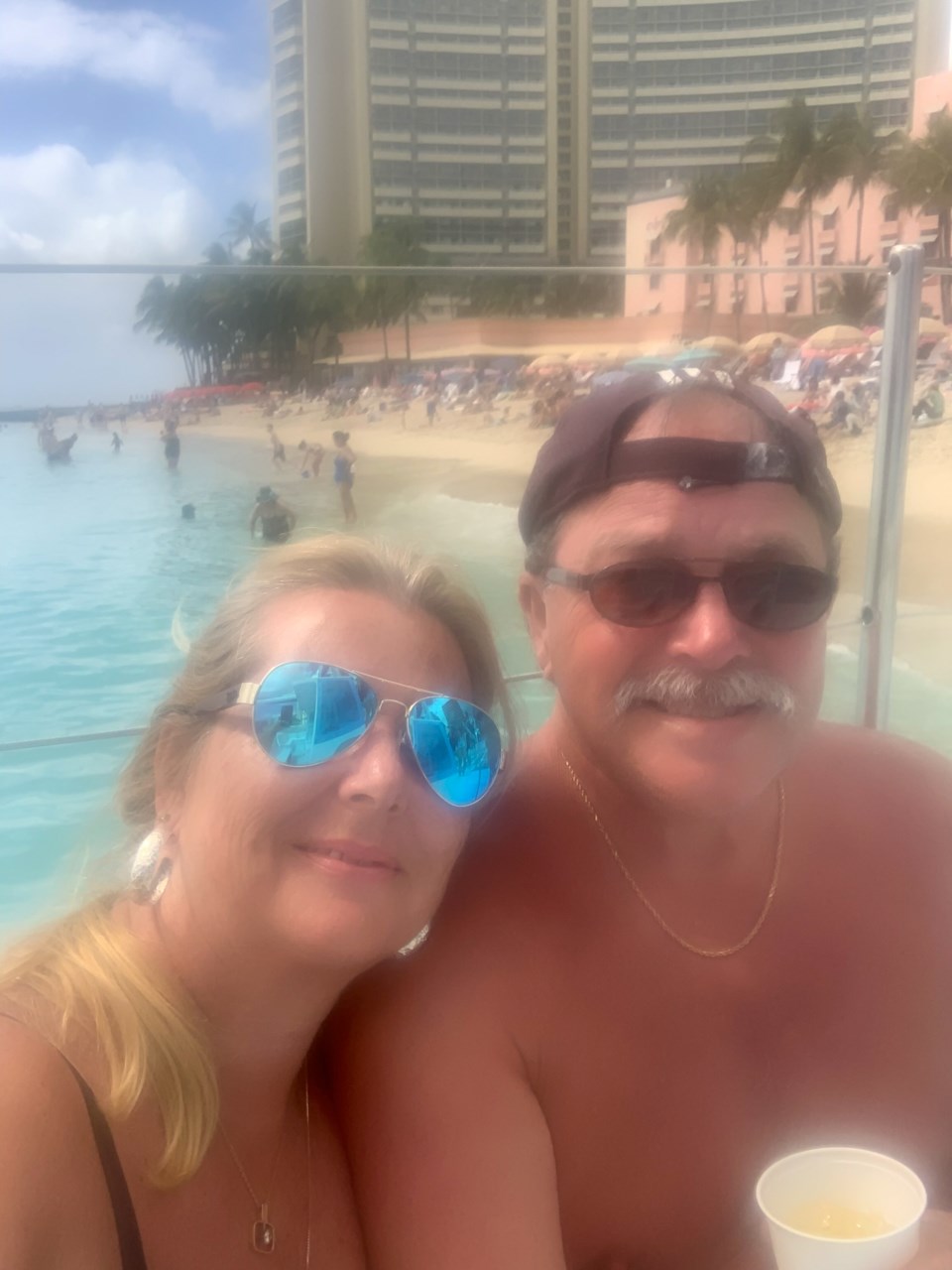
Soon, they had crossed half an ocean and were weaving through the Hawaiian islands, stopping off to enjoy the sights, people and local fare.
Everything was perfect.
Until it wasn’t.Ěý
The ship hit rough seas and, for three days, many onboard started to feel sick. At first, Deb and Michael, like everyone else, blamed the illness on seasickness. But on day 11, that all changed. After breakfast, the crew told everyone to head back to their rooms and self-isolate. Some of the passengers had come down with a fever.Ěý
It quickly became clear this was no stomach bug. While they were still in the “middle of the ocean,” a California National Guard helicopter swooped over the ship, dropping what the Christies would learn were mobile test kits for the pathogen that had come to be known as COVID-19.
Nearly half of the 46 people initially tested had their results come back positive. The Grand Princess had become a breeding ground for the virus, which by that time was sweeping the globe. The ship immediately skipped Ensenada, its Mexican port of call, and made a direct line for the U.S. coast.
While the crew did everything it could to keep them comfortable, in Washington, President Donald Trump stalled the ship as it circled in international waters off San Francisco.Ěý
“They just kept us sitting there, going around in circles, back and forth: 50 miles offshore, 20 miles offshore,” Deb told The Tri-City News.
Thousands of people pleaded with the U.S. government via social media but, through news reports, it soon became evident to passengers and crew that the virus had begun spreading since a previous trip along the Mexican Riviera. Ěý
The Christies tried to absorb as much information as possible while stuck in the confines of their room. Some passengers were running out of medication.Ěý
“Then we heard one of the two people who got off sick [on the previous cruise] died. Everyone was freaking out,” Deb said. “We weren’t sure what was going to happen. There was never really a plan for the Canadians or other nationalities on board.”
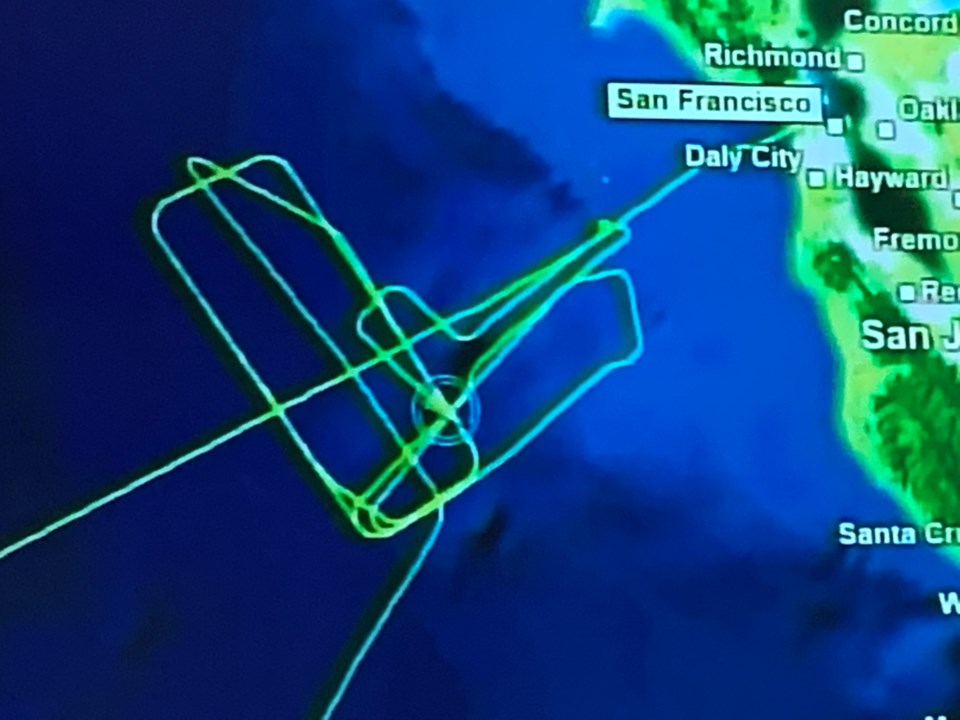
On March 9, the ship was finally given permission to dock in Oakland, and passengers from California and some with underlying health conditions were let off the vessel. Behind the scenes, Global Affairs Canada was working to airlift its own nationals from the dock. And by the time any of the passengers started coming ashore, Deb and Michael Christie were among the roughly 230 Canadians.
They were met by teams of people in white gowns, masks and gloves — the kind of hazmat suits you see in the movies. They had their temperatures taken, were given ID bands and were whisked away to a cargo plane retrofitted with an isolation room and leased by the Canadian government.
Several hours later, the 747 landed at Canadian Forces Base Trenton. During the years Canadians fought in Afghanistan, the base received the bodies of fallen Canadian soldiers. Now, it was receiving another wave of Canadian vacationers forced into quarantine.
But while on television the scale of the outbreak was framed as unprecedented, the Port Moody couple's world has shrunk within four walls as they waited out a 14-day isolation period in a room they describe as “like a Motel 6.”
The Christies are comfortable. The Canadian Red Cross sees to that, delivering food and daily newsletters to their rooms behind protective gear. As of Wednesday, nine of the quarantined Canadians have tested positive for the virus since their return.
Ěý
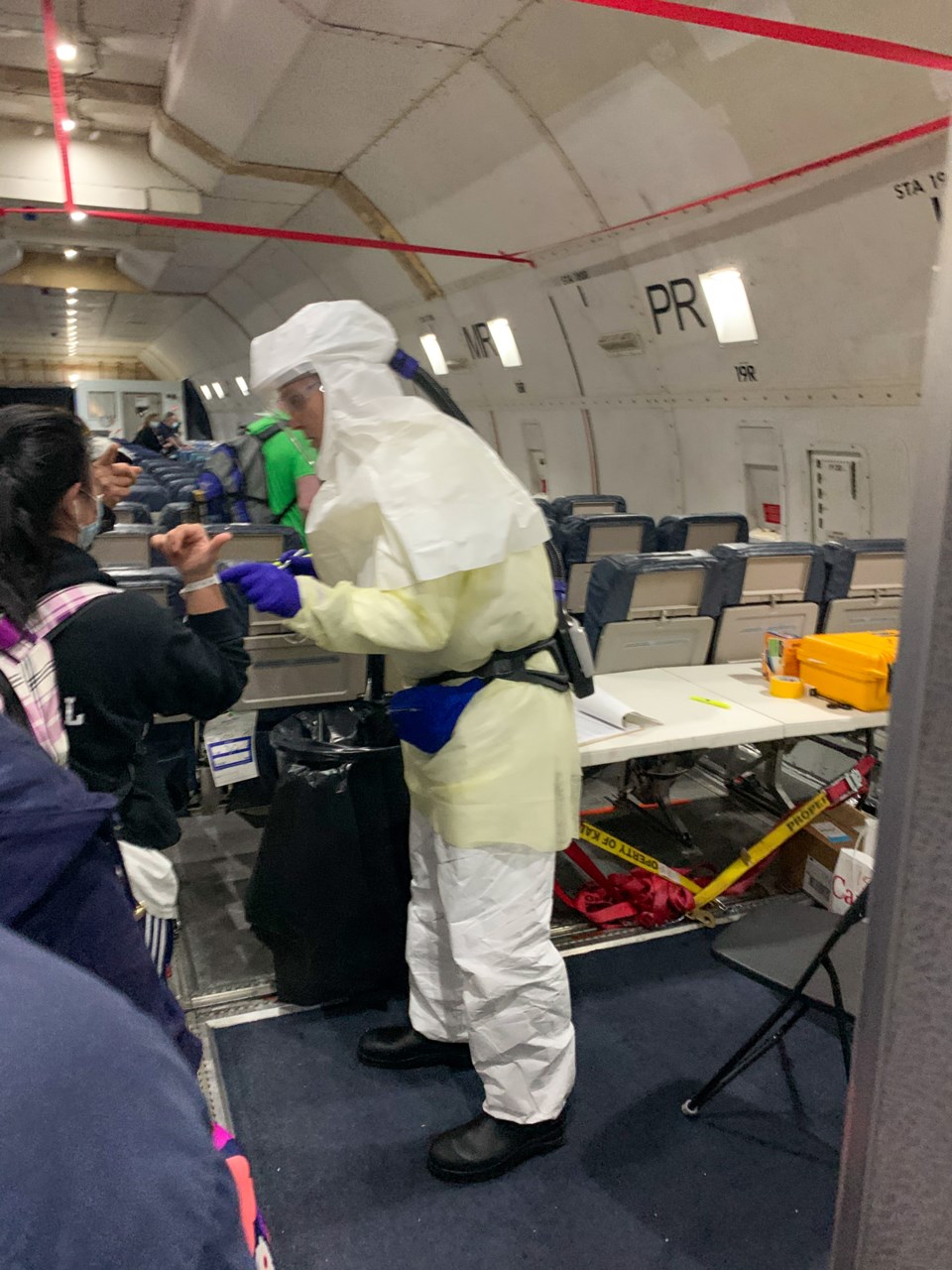
Security remains tight. The guards at the front of the desk are fully protected in gowns, masks and gloves. The isolated Canadians are given a few hours a day to go outside, staggered in groups to prevent contact.
“You have to wear a mask everywhere,” said Deb. “Everyone stays two metres away [but] it’s comforting to know I’m not going to get anyone sick… My conscience is clear.”Ěý
Inside, the couple watches a lot of CNN, reads and they've burned through plenty of series on Netflix and Prime Video. Together with a few American friends stuck in quarantine in California, they’ve lovingly called the whole experience “Rancho Relaxo.”
“There’s not a lot to do. But it’s OK, we know there’s an end,” said Christie.Ěý
What life will look like when the Christies are scheduled to leave quarantine March 24 is not clear. When The Tri-City News first talked to them, their daughter had just returned from Austin, Tex. and two other friends from Mexico. Now all borders are shut. The economy is spiralling. People across the country are preparing for the same kind of isolation the Christies are under.
Still, the they are looking forward to being in the comfort of their own home in the Tri-Cities and have every intention of maintaining the same strict protocol they’ve picked up at CFB Trenton.
“My 91-year-old dad — I would be devastated if he got something like this,” Deb said. “I couldn’t live with myself if I did that.”
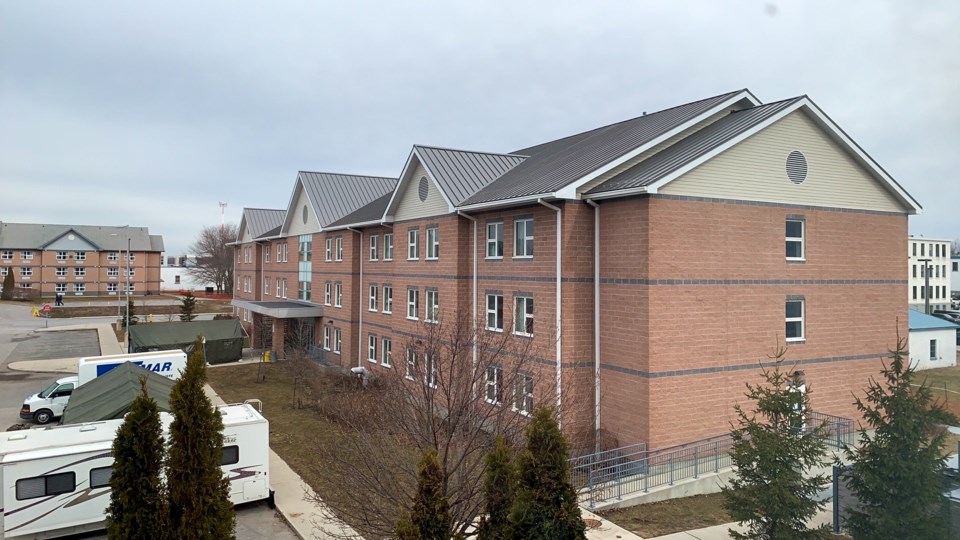
— with files from The Associated Press
Ěý
Read more of our COVID-19 coverageĚý.
Send us your news tips and personal stories to [email protected].
